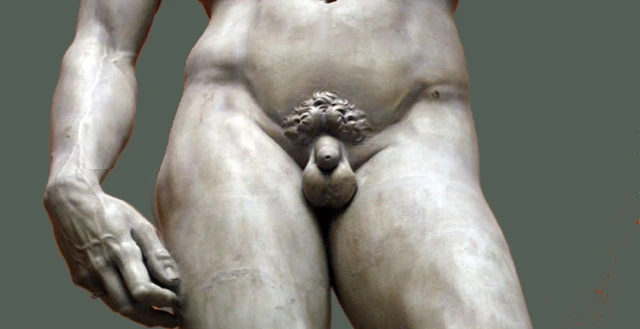
A while back I was having a conversation with one of our JD’s for intellectual property. We somehow got talking about oppression, I think in terms of the documentary work I’m doing on art historians who perished in the Holocaust. I frequently have found myself in despair that a country could motivate its citizens to kill other of its citizens, to create national machinery for hatred, subjugation and death for no other reason that their birth genetics. Our conversation naturally continued the topic of this country’s history of slavery. She’s a black woman and as we talked about the enslaved, tears welled up in her eyes.
That has haunted me. It’s been a while since that moment happened. George Floyd and BLM came. Yet that moment in her office will not leave me. Why did I never cry about my own country’s treating people like animals for hundreds of years? About determining that African-origin people were less than human–not primarily for ethnic reasons but for economic reasons. Justifying cheap labor through capitalism and slimy religious determinism? They watched their children sold to other buyers. Their women were sexual toys for their owners. Their masters thought, as Michael Gorra recently noted, that “education ruins blacks.”
Until you have wept at injustice–the injustice of one hundred fifty years ago as well as now–you will never take the kind of action needed to change economic, racial, and social oppression. Not injustice in general, but the disaster of suffering in specific lives. Lives you can imagine if not know personally. I’m so grateful for that unguarded moment in her office. It was a line drawn which I had to cross, pushed actually, at the price of someone’s tears. About suffering, they were never wrong (Auden).

 Anyone who’s not locked into Republican zombie ideology realizes Trump has taken Adolf Hitler’s playbook. This is not hyperbole. Hitler could never win outright election in Germany, he had to be given power by von Hindenberg, the elected official with whom he shared power. Donald Trump curried fewer votes than his opponent. Sound familiar? Once in control, Hitler began dismantling the Weimar Republic, not by changing the laws so much issuing counter orders to them which gradually allowed them to collapse when these laws had become meaningless. Jews were only attacked verbally at first. Their places of business could still operate; but the new Reich government would do nothing when thugs from the party open harassed the stores “Achtung Deutsche, kauft nicht bei dem Juden!” Sound familiar? (“There are some very fine people there.”) As the tenets of the [Weimar] Republic and its enforcement body no longer protected those at odds with the leader, it was open season to flagrantly flout autocracy over former democracy. And of course, the leader (der Fuehrer) could not be challenged or countered–regardless of how off his facts were or how extreme his views were. Those in his own party who might try were banished forever. Those outside his party criticizing him were met with government retribution.
Anyone who’s not locked into Republican zombie ideology realizes Trump has taken Adolf Hitler’s playbook. This is not hyperbole. Hitler could never win outright election in Germany, he had to be given power by von Hindenberg, the elected official with whom he shared power. Donald Trump curried fewer votes than his opponent. Sound familiar? Once in control, Hitler began dismantling the Weimar Republic, not by changing the laws so much issuing counter orders to them which gradually allowed them to collapse when these laws had become meaningless. Jews were only attacked verbally at first. Their places of business could still operate; but the new Reich government would do nothing when thugs from the party open harassed the stores “Achtung Deutsche, kauft nicht bei dem Juden!” Sound familiar? (“There are some very fine people there.”) As the tenets of the [Weimar] Republic and its enforcement body no longer protected those at odds with the leader, it was open season to flagrantly flout autocracy over former democracy. And of course, the leader (der Fuehrer) could not be challenged or countered–regardless of how off his facts were or how extreme his views were. Those in his own party who might try were banished forever. Those outside his party criticizing him were met with government retribution. photo: revjdevans (flickr)
photo: revjdevans (flickr) 






 Are disabled license plates the biggest scam going right now?
Are disabled license plates the biggest scam going right now?
